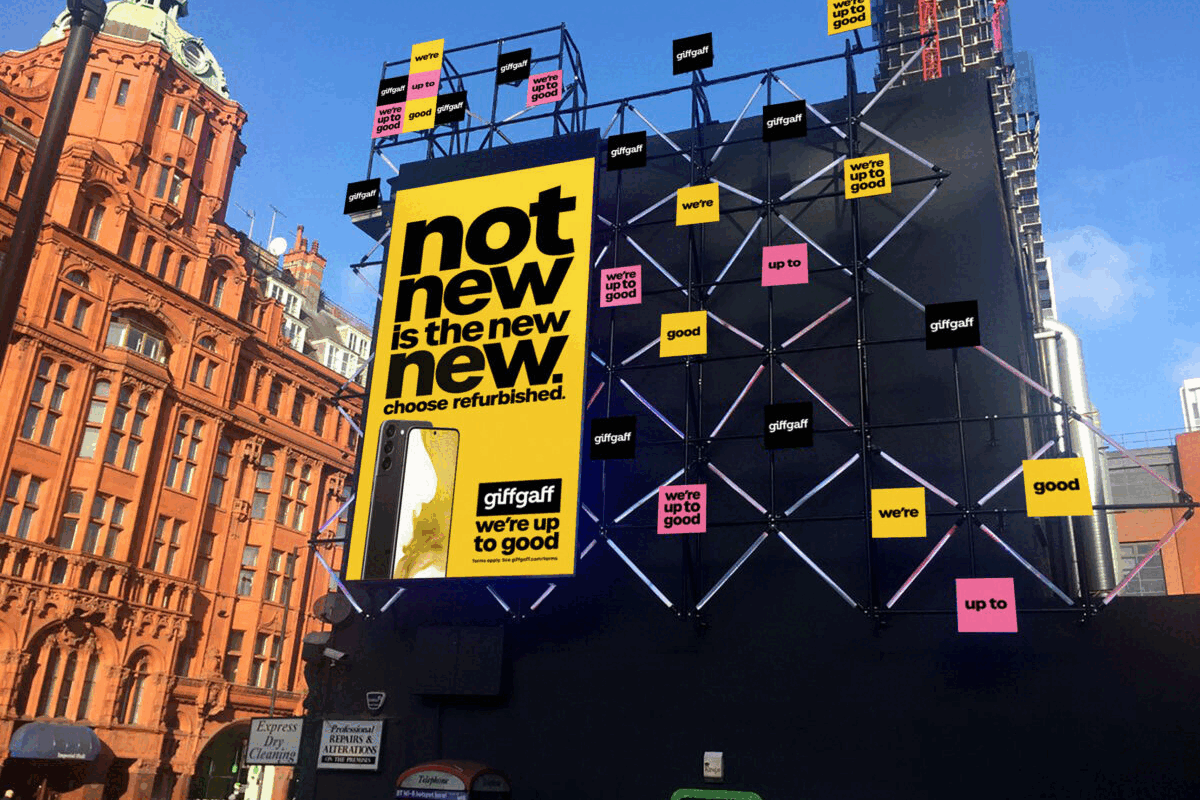Brands Failing the Relevance Test on Mobile
- Tuesday, December 10th, 2013
- Share this article:

42 per cent of consumers in Great Britain don’t feel any of the marketing communications they receive from businesses via their mobile devices are relevant or useful, while a further 44 per cent find less than a quarter of the messages they receive of value, according to research from integrated mobile solutions firm Oxygen8 Group.
The company surveyed more than 1,000 GB residents in November, asking what kind of communications consumers currently receive on their mobile phone – including SMS messages, app notifications, email and automated voice messages.
But while consumers believe the majority of the communications they currently receive lack relevancy, 22 per cent would be more likely to buy from a business in future if the company sent them a useful mobile communication. Targeted mobile marketing could also change consumer perceptions. 34 per cent of consumers would have a better view of a business or would feel a business understands their needs if they were sent mobile communications that were relevant to them.
“Mobile marketing allows businesses to communicate with their customers wherever they are which makes it an incredibly powerful channel,” said Maria Grant, head of product development at Oxygen8 Group. “What’s concerning is how few of the messages consumers are currently receiving they find valuable. Companies need to rethink their mobile marketing strategies, working harder to identify the needs of each customer and synching up all channels to get a better picture of their habits and preferences. Only then will they be able to find the best way to communicate with them and deliver the right message at the right time.”
The study also looked at what kinds of communications consumers would like to receive on their mobile devices. 54 per cent of respondents said they were interested in receiving discount vouchers, while 46 per cent said they would like to find out when a product they are interested in is back in stock.
















